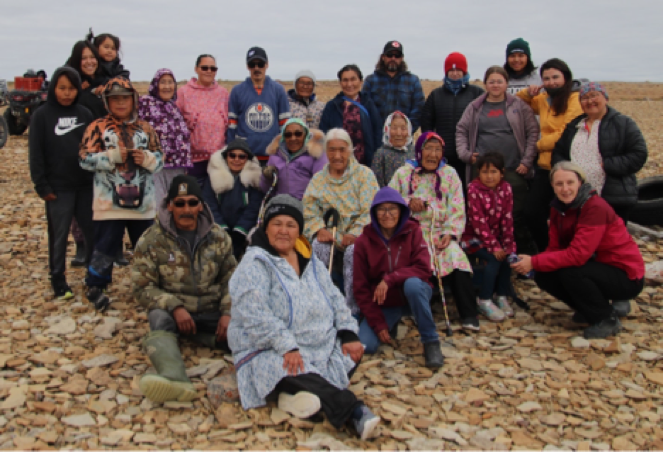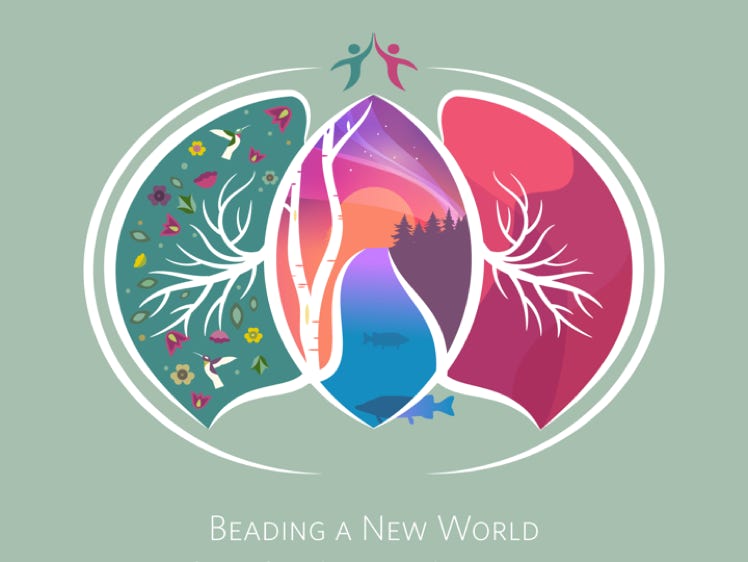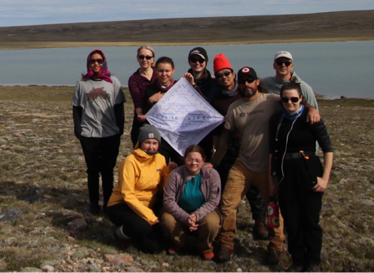Collective Climate Accountability and Adaptation Project
We are working with northern communities in Saskatchewan and Nunavut to promote climate literacy, climate science and climate action.
The Collective Climate Accountability and Adaptation Project (CCAAP) is an Indigenous-led program funded by Environment and Climate Change Canada to support programs in climate literacy, climate science, and climate action in northern Saskatchewan and Nunavut. In August 2022, the CCAAP project team traveled to Cambridge Bay to conduct field work involving sample collections of lakes in the region. Four students from the Clearwater River High School joined the team of researchers on this field work.
Our team is studying how changes in vegetation due to climate warming will affect the global carbon cycle. With climate warming, northward expansion of treelines and thawing permafrost are expected to alter the global carbon cycle. Our team is investigating how different ecoregions in Canada (grassland, aspen parkland, boreal plain, boreal shield, and tundra landscapes) affect the flow of carbon to and from lakes.
As part of our 2022 expedition to Cambridge Bay, our team had the pleasure to spend a day fishing and talking with a family at their fishing camp near Cambridge Bay (Image 2). Our team heard from Elders about their early lives in Cambridge Bay, and many stories about how the world has changed since their childhood. They shared their traditions and recipes for preparing fish and Bannock, they shared their memories of hunting and fishing with their parents, and they spoke of residential schools that took them away from their families.



